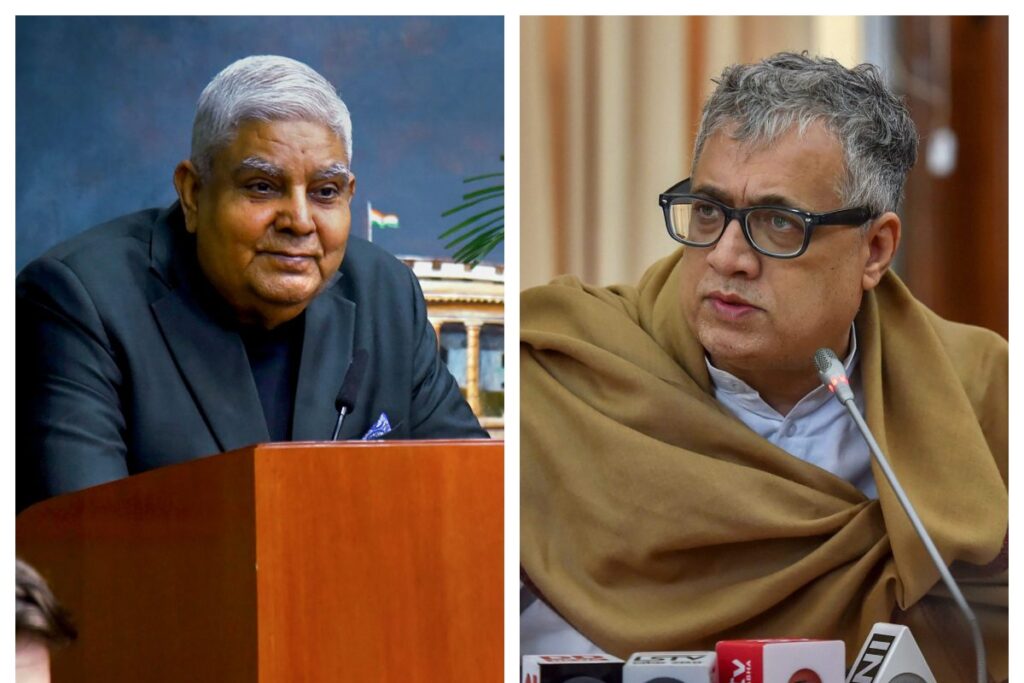
In a tense and eventful session of the Rajya Sabha on Monday, proceedings were adjourned for over 30 minutes due to heated exchanges between Rajya Sabha Chairman Jagdeep Dhankhar and Trinamool Congress (TMC) leader Derek O’Brien. The intense confrontation arose when O’Brien requested Dhankhar to mention the party affiliations of Opposition members who sought discussions on the recent Manipur violence.
The commotion ensued as Dhankhar read out names of MPs along with their respective political parties who had submitted 11 notices under Rule 176, aiming to raise short-duration discussions concerning the violence in states like Rajasthan and Manipur. However, when he began reading out the 27 notices received under Rule 267, which calls for an immediate halt to all proceedings to discuss urgent matters of public importance, the Chairman omitted mentioning the party affiliations of MPs from the Opposition parties.
Upon noticing this discrepancy, O’Brien raised his objections, demanding that the Chairman should treat all members equally and mention their party affiliations, just as he did for those who submitted notices under Rule 176. Frustration escalated, with O’Brien insisting on knowing the party affiliations of the MPs in question. Dhankhar, in response, asked O’Brien to take his seat, but he continued to plead his case with folded hands, urging the Chairman to extend the same courtesy to all members.
Despite repeated requests for O’Brien to return to his seat, the TMC leader refused to comply, challenging the Chair’s decision. In light of the escalating tensions and disruptions, Dhankhar adjourned the Rajya Sabha proceedings until 12 pm.
Earlier, Dhankhar had informed the house that he received 11 notices under Rule 176, which he considered for discussion. He then proceeded to read out the names and party affiliations of MPs who submitted these notices, which included members from the BJP raising concerns about various issues in different states.
The controversy arose when he started reading out the 27 notices received under Rule 267, submitted by MPs from Opposition parties, without mentioning their party affiliations. This prompted O’Brien’s intervention and the subsequent heated exchanges between him and the Rajya Sabha Chairman.
The session highlighted the tension surrounding party affiliations and the perceived disparity in treatment between members of the ruling party and those from the Opposition. The incident has drawn attention to the need for impartiality and equal treatment of all members during parliamentary proceedings.
As the Rajya Sabha adjourned amidst this turmoil, the controversy over party affiliations adds another layer of complexity to the already charged political atmosphere. The future proceedings and discussions in the upper house remain uncertain, pending resolution of this issue.
Sources By Agencies




